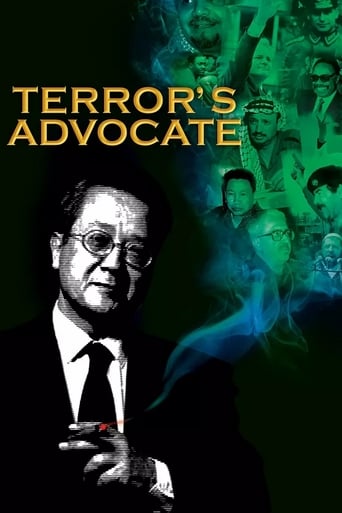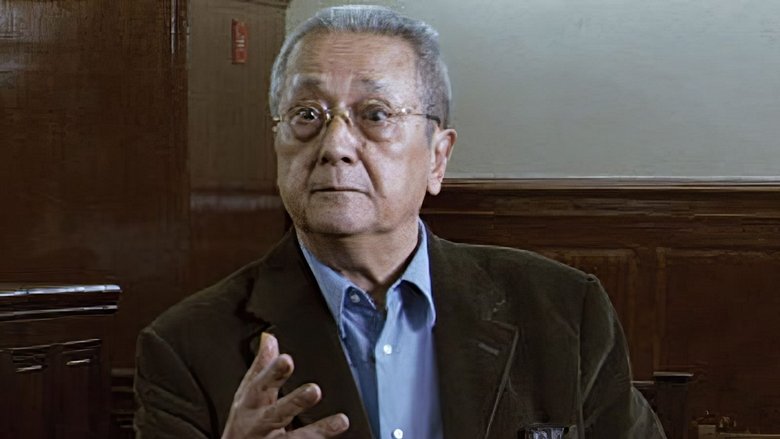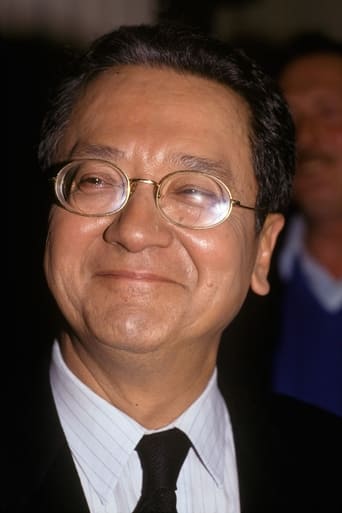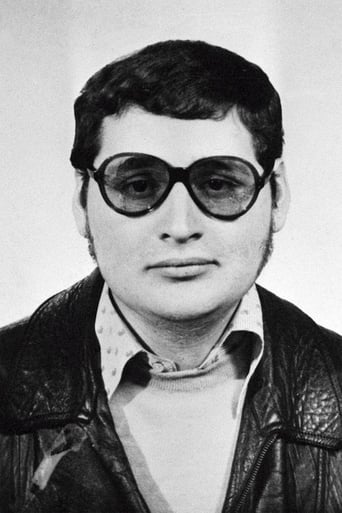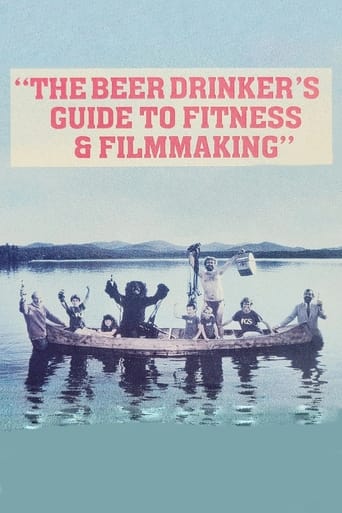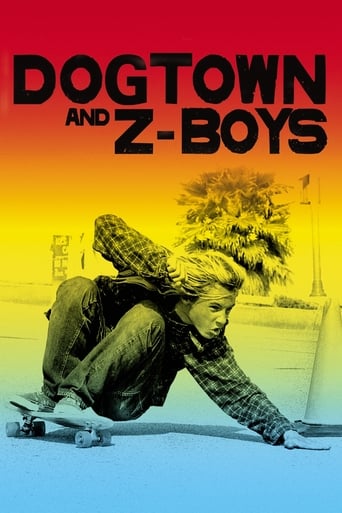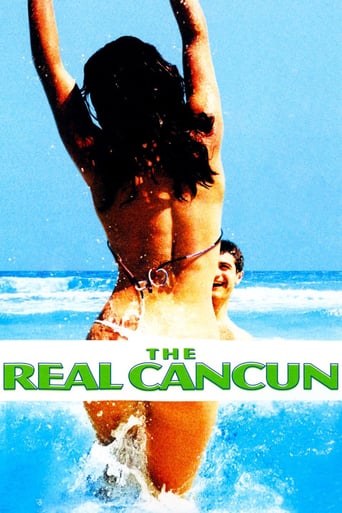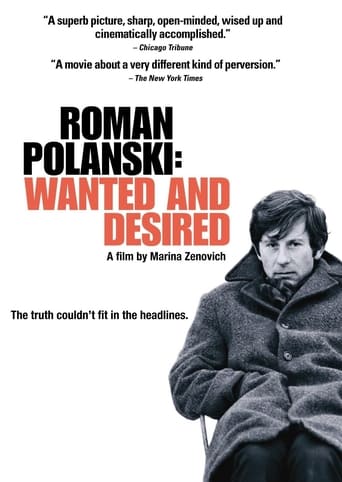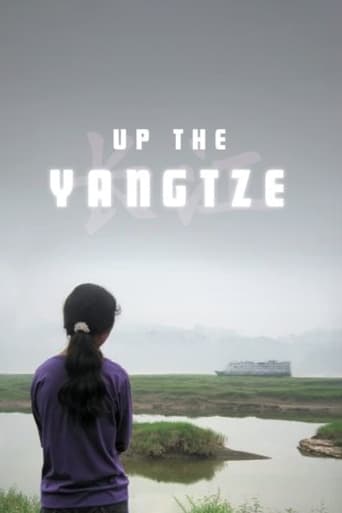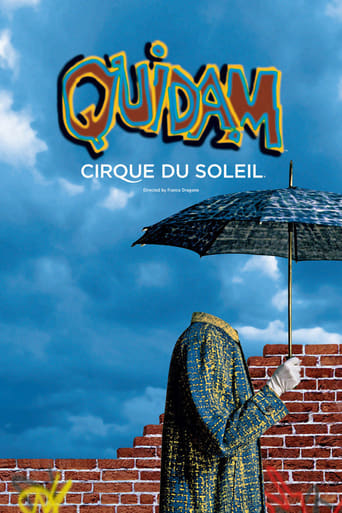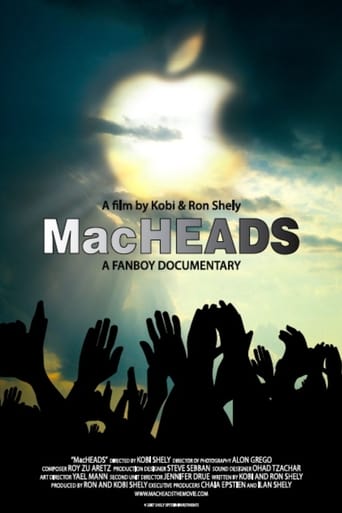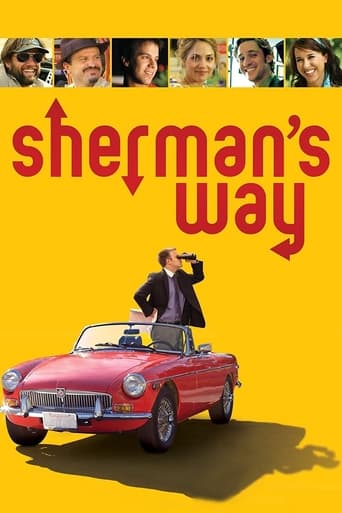Terror's Advocate (2007)
A documentary on Jacques Vergès, the controversial lawyer and former Free French Forces guerrilla, exploring how Vergès assisted, from the 1960s onwards, anti-imperialist terrorist cells operating in Africa, Europe, and the Middle East. Participants interviewed include Algerian nationalists Yacef Saadi, Zohra Drif, Djamila Bouhired and Abderrahmane Benhamida, Khmer Rouge members Nuon Chea and Khieu Samphan, once far-left activists Hans-Joachim Klein and Magdalena Kopp, terrorist Carlos the Jackal, lawyer Isabelle Coutant-Peyre, neo-Nazi Ahmed Huber, Palestinian politician Bassam Abu Sharif, Lebanese politician Karim Pakradouni, political cartoonist Siné, former spy Claude Moniquet, novelist and ghostwriter Lionel Duroy, and investigative journalist Oliver Schröm.
Watch Trailer
Cast
Similar titles
Reviews
Waste of time
Good story, Not enough for a whole film
Absolutely brilliant
It really made me laugh, but for some moments I was tearing up because I could relate so much.
French-Swiss producer and director Barbet Schroeder's documentary feature is based on his opinions about his main interviewee. It premiered in the Un Certain Regard section at the 60th Cannes International Film Festival in 2007, was shot on locations in Algeria, France, Cambodia and Lebanon and is a French production which was produced by producer Rita Dagher. It tells the story about a person of Vietnamese and French origins who was born in Thailand on the 5th of March in 1925, raised on Réunion Island in France, taken to a mass grave by his parents as a ten-year-old, served his initial service as a seventeen-year-old, joined the French Communist Party as a twenty-year-old, studied literature and eastern languages in Paris, France, began studying law as a thirty-year-old after his twin-brother named Paul Vergès was arrested for the murder of a political opponent of his father named Raymond Vergès and as a thirty-two-year-old lawyer was introduced to an Algerian Muslim and political activist named Zohra Drif and asked to defend an Algerian member of the National Liberation Front Algeria named Djamila Bouhired. Distinctly and precisely directed by French-Swiss filmmaker Barbet Schroeder, this finely paced documentary which is narrated interchangeably from multiple viewpoints though mostly from the central person's point of view, draws an informative portrayal of a son, brother, husband, father, anti-colonist and renowned 20th and 21st century author and defense attorney with both French and Algerian citizenship named Jacques Vergès (1925-2013), and his relationship with his clients. While notable for its versatile milieu depictions and reverent cinematography by cinematographers Caroline Champetier and Jean-Paul Perrard, this narrative-driven story about the history of international terrorism and France-Algeria relations, connections, colonialism leading to anarchy, terrorism and war and what it is like for people to live in colonized countries, where interviews with friends, Cambodian, Algerian, Palestinian, German and Lebanese freedom fighters, members of Popular Front for the Liberation of Palestine, members of Khmer Rouge, members of Revolutionary Cells, secret service agents, Stasi agents, revolutionary Islamists and Christians, journalists, jurists, collaborators, politicians, historians and philosophers talks about their experiences, political views and views on the person in question, depicts a majestic and mysterious study of character and contains a great and timely score by composer Jorge Arrigada. This somewhat humorous though thematically on the contrary, poignantly atmospheric and retrospectively historic documentary feature from the late 2000s which is set in the late 20th century and early 21st century in European, Middle eastern and Asian countries and where the life of a profound jurist and character with character who surpasses many great acting performances in cinema history, who defended terrorists, dictators and war criminals, who worked in mysterious ways and who in the 1970s after having gotten married with a client and converted to Islam went incognito for eight years, is placed into an historical context which commendably emphasizes the irrevocable consequences of terrorism and how closely associated state officials are with militant groups, is impelled and reinforced by its fragmented narrative structure, rhythmic continuity, cinematic use of archival footage, news articles and photographs, interviews which ranges from Tunisian journalist Lionel Duroy, German former exile Hans-Joachim Klein to German photographer Magdalena Kopp and comment by Mansour : "But after having considered the case,- maybe they heard voices like Jeanne d'Arc did, they chose me." An investigative biographical mystery.
After having seen Schroeder's Idi Amin and Kiki the talking gorilla, I was disappointed by L'avocat. From an artistic point of view it is not on the same level. I found it difficult to recognize the organizing, guiding hand of the director. Also, the subject is strangely out of focus but that is maybe just one of the points the movie wants to make. Maître Vergès must be a pretty elusive fellow and certainly not someone who let himself manipulate by a movie maker. And - contrary to Amin and the gorilla - Vergès is just not very telegenic. That's certainly nobody's fault, it's just a fact.What remains for me are the many bonmots" this movie contains. It did not become clear to me if Vergès ever was a good lawyer. I suspect he always saw the court of law principally as a stage for making political statements or for furthering a certain self image. But he certainly is a great story teller. My only war wound", he tells the interviewer, was self inflicted I cut a finger when I closed my pocket knife after eating a dish of oysters". Mao listened to me attentively or maybe he just wanted to be polite." It is fun to listen to him telling these anecdotes and being disrespectful, even to himself. Many, maybe too many other people make their entrance as interviewees. Even for someone who has a notion of the last few decades of world history it is not always easy to follow.Saying all this, I have to credit the movie for forming a pattern of statements, places and time periods that recount events which brought a lot of pain and sorrow to this planet. The central question - is Maître Vergès a man with a cause? - remains unanswered. Somehow he shifted from one liberation movement" to the next, maybe connected to secret services, maybe not - his aims apparently as fuzzy as those of the said movements - never drowning like others but always ending up seemingly comfortably on the surface. It is never clear how much Vergès was a prime mover on the terrorist scene or a teleguided pawn. After seeing this movie I would liken him to a joker in a pack of cards.Someone not very deep into history might be surprised at how L'avocat shows that there were always connections and sympathies between old, active Nazis and young, seemingly leftist revolutionaries. Others know the old French saying: Les extrèmes se touchent.
Barbet Schroeder's portrait of French attorney Jacques Vergès. You've seen him defending people like Klaus Barbie, Carlos the Jackal, Pol Pot as well as other dictators and terrorists.This is a complex story of a complex man and it essentially tells the tale of the man from World War 2 until today. (And even at 140 minutes the film leaves a great deal out). Here is man of his time, who met and defended with many of the famous and infamous people of the last fifty years. He seems to be a man who generally believes in the right of the oppressed to stand up to their oppressors and to have some one to stand up for them. However this is not just the story of a man who fights for the oppressed but it is also the story of a man entangled in things that will cause many to question just how slick a guy is Verges. Many of the terrorists and dictators he defends are in fact his friends, and he is not doing it for the love of cause but also for the love of the finer things.I liked the film a great deal. To be certain I was lost as to bits of the history and who some people were, but at the same time the film isn't about the history, so much as Verges moving through it. This is the story of the man, his causes and to some degree his women. What exactly are we to make of Verges? I don't know, but I sure do think that he and his life make for a compelling tale. I loved that my idea of what Verges is changed. I loved that I was completely confused at the end as to what I thought, confused in a way that only a film that forces you to think can do. In the end I don't know what I think of Verges, and I love that I will have to sit and reflect on what transpired on screen and in the man's life for a good long while.Certainly one of the better feature length theatrical documentaries to come down the pike in a while.See it...probably more than once. See it and then discuss it, it will get the gray cells of your brain working.8 out of 10.
In the movies lawyers have often been depicted as honest guys who try to do their best to defend their client, but also as vicious fellas who do the job just for money or fame, even if that implies having dangerous clients (the culmination of such a concept was Taylor Hackford's The Devil's Advocate). And somewhere in between we can put Jacques Vergès, the French attorney around whom Barbet Schroeder has constructed his new film, the documentary Terror's Advocate.The title derives from the case that made Vergès famous at the beginning of his career: he was asked to defend a group of terrorists, responsible for a series of killings in Algeria. Of course, these men and women claimed to be freedom fighters, that what they did was the right thing to do. Vergès shared their ideals, managed to get them all out of jail and even married one of them. Subsequently he was always hired for controversial cases, and always ended up winning, even when his clients were former Nazis or Holocaust deniers.The point of the movie is this: what should people think of Vergès? In fact, the opening caption says: "This film represents the director's personal point of view on Jacques Vergès", yet ironically Schroeder's opinion is not clear. While he seems to agree with the titular lawyer in the first half, saying that the Algerian terrorists had good intentions but used the wrong means (and it is hard not to think likewise, especially after seeing Gillo Pontecorvo's The Battle of Algiers, based on those events), he does not directly express his feelings on Vergès' supposed ties with numerous German terrorists, some of which were involved in the 1972 Olympic Games massacre in Munich.As a consequence, the ambiguous attorney never really comes off as either good or bad: he does seem to have some kind of moral standards (when asked if he would have defended Hitler, he answers: "I'd even defend Bush, but he would have to plead guilty") and claims he has just been doing his job the whole time, but he refuses to comment on his alleged connections with German criminals, spreading no further light on the matter, nor does he reveal exactly what happened during his 12-year "disappearance", which he apparently spent in Paris for purposes unknown.Nonetheless, it shows that Vergès has two essential qualities for a good lawyer: charisma and eloquence. And he knowingly uses those tools while being interviewed, providing valuable insight on a previously unseen side of the legal system and making Terror's Advocate an intriguing picture, although clearly not to everyone's taste.
